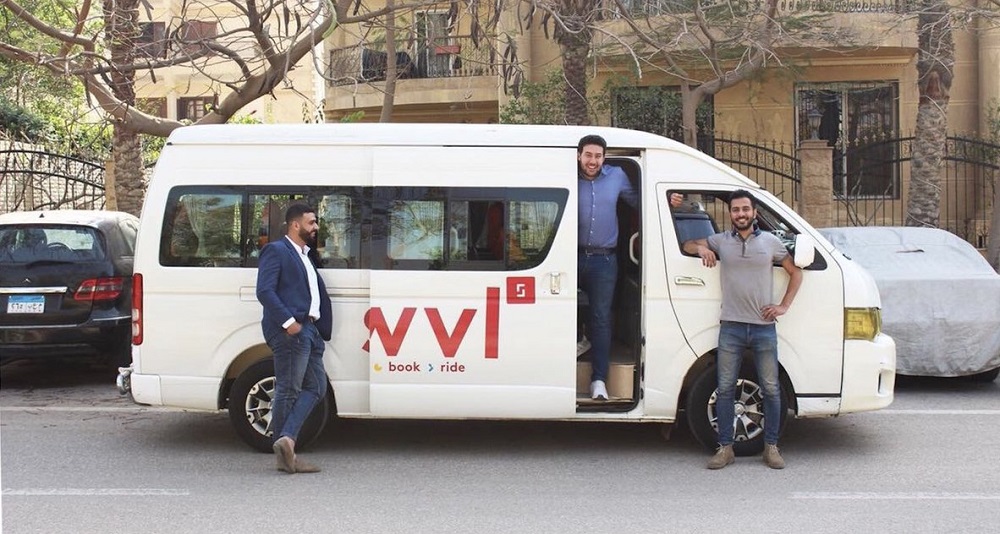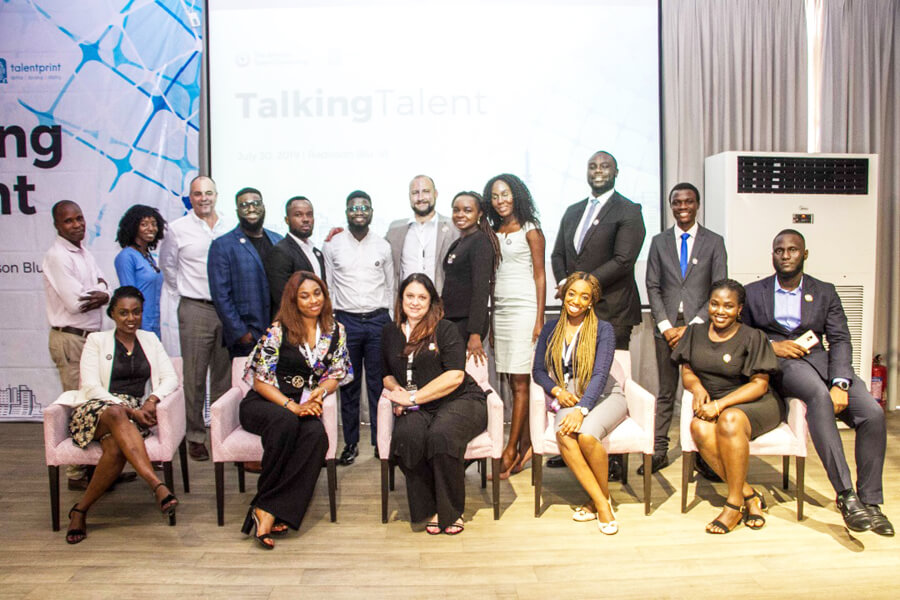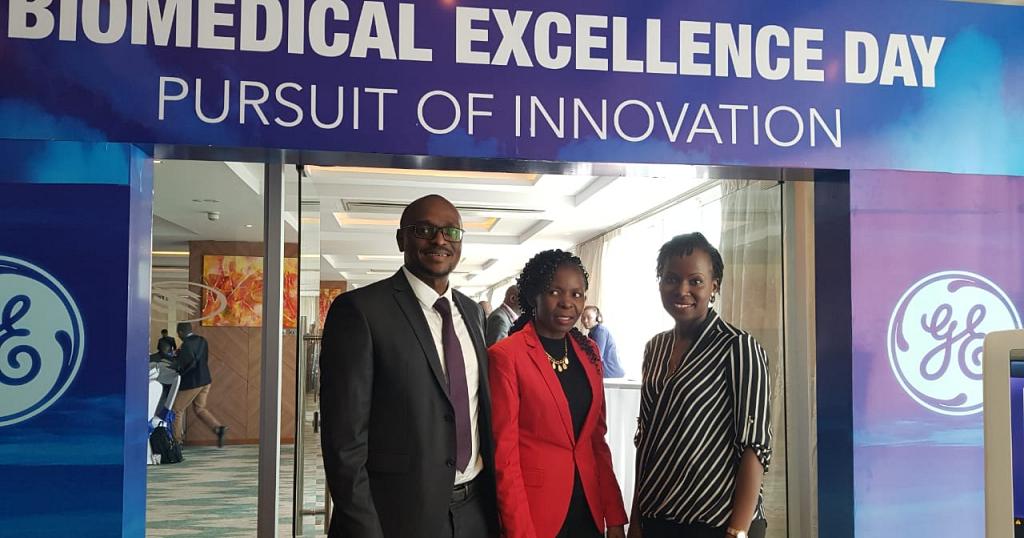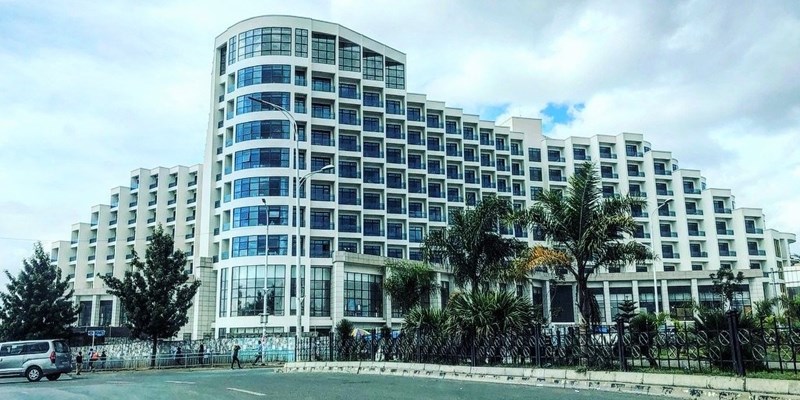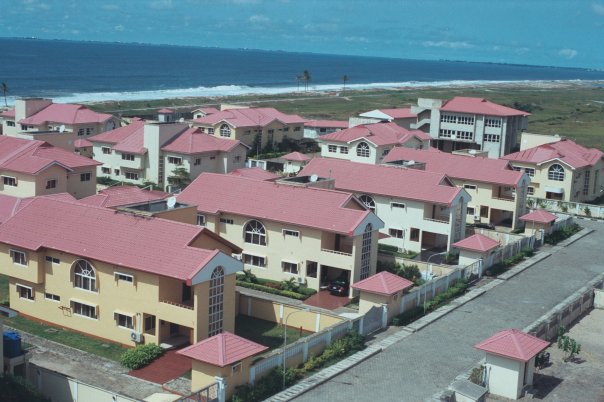Egyptian Transport Startup Swvl targets Nigeria, Africa And Asia before the end of 2019
Barring any last minute changes, Egyptian transport technology startup Swvl will expand into two cities in Pakistan in the next two weeks and begin operations in Nigeria’s commercial capital Lagos before the end of the year, its chief executive.

“We will enter Lagos before the end of the year, and our eyes are on Dar es Salaam and Abidjan,” co-founder and CEO Mostafa Kandil told Reuters. ‘‘The firm is also planning to launch in other South East Asian markets, he added.’’
Here Is All You Need To Know
- The firm, which operates buses along fixed routes and allows customers to reserve and pay for them using an app, will also expand into Manila in the first half of next year, Kandil added.
- Kandil said the company is seeking to raise more than $100 million in a financing round in the first half of next year, and is targeting a $1 billion valuation in the next five years.
- Since its launch in April 2017 Swvl has secured the biggest round of funding for a tech start-up in Egypt.
“We were a company worth about $2 million two years ago and our paid-up capital is now $80 million,” he said.
Read also: Egyptian Statup Swvl Now Valued At $157 million
Kandil said he hoped Swvl would eventually go public, but did not say on which stock exchange. He said he would in the longer term also consider a buyout offer from the likes of ride-hailing giant Uber (N:UBER).
Kandil, 25, said the company has been losing money, but expects to turn a profit in two to three years.
“This year we have entered about seven new cities and next year we are targeting another 10 to 20 new big cities,” Kandil said.
The Cairo-based firm, which is due to move its headquarters to Dubai in November, launched in Nairobi about six months ago and began operations in Lahore in July.
“We aim to reach one million trips a day in Egypt over the next five years,” said Kandil.
He and two other young Egyptian co-founders, Mahmoud Nouh and Ahmed Sabbah, own more than 30% of the company, he said.

The rest is held by 17 investment funds, including U.S.-based Autotech Ventures, Sweden’s Vostok New Ventures, Oman’s sovereign wealth fund, the UAE’s BECO Capital and China’s MSA Capital.
The Swvl app, which has fixed bus routes, uses the passenger’s location and destination to determine the shortest possible trip time based on the nearest bus stop.
Uber and regional competitor Careem began operating their own bus services in Egypt in late 2018, competing directly with Swvl.
About Swvl
- Founded in 2017, Swvl connects commuters with private buses, allowing them to reserve seats on these buses and pay the fare through company’s mobile app. The buses available on Swvl operate on fixed routes (or lines).
- The report by Vostok New Ventures, notes,”Swvl offers a premium on-demand bus service with third party supply. The algorithm
plans the most efficient routes and the most efficient bus stops for peak hours, and more flexibility is possible during off peak hours. Network effects arise through the snowball of the more users that are attracted to the service, the more bus owners will want to offer their supply, the more bus supply the more routes etc., the more customers etc.” - It won’t be a fair comparison but to give you some context, Careem had raised its $60 million round (Series C) at a valuation less than $200 million in November 2015, over three and half years after the company was founded.
- Swvl is now in the same territory both in terms of total investment they’ve raised so far and the valuation, in almost two years.
- The VC landscape in MENA is entirely different today with a lot more options when it comes to raising Series A/+ rounds so the funding is relatively easier to come by (than it was when Careem raised money) but what Swvl has achieved is still a very big feat.
Charles Rapulu Udoh

Charles Rapulu Udoh is a Lagos-based Lawyer with special focus on Business Law, Intellectual Property Rights, Entertainment and Technology Law. He is also an award-winning writer. Working for notable organizations so far has exposed him to some of industry best practices in business, finance strategies, law, dispute resolution, and data analytics both in Nigeria and across the world

